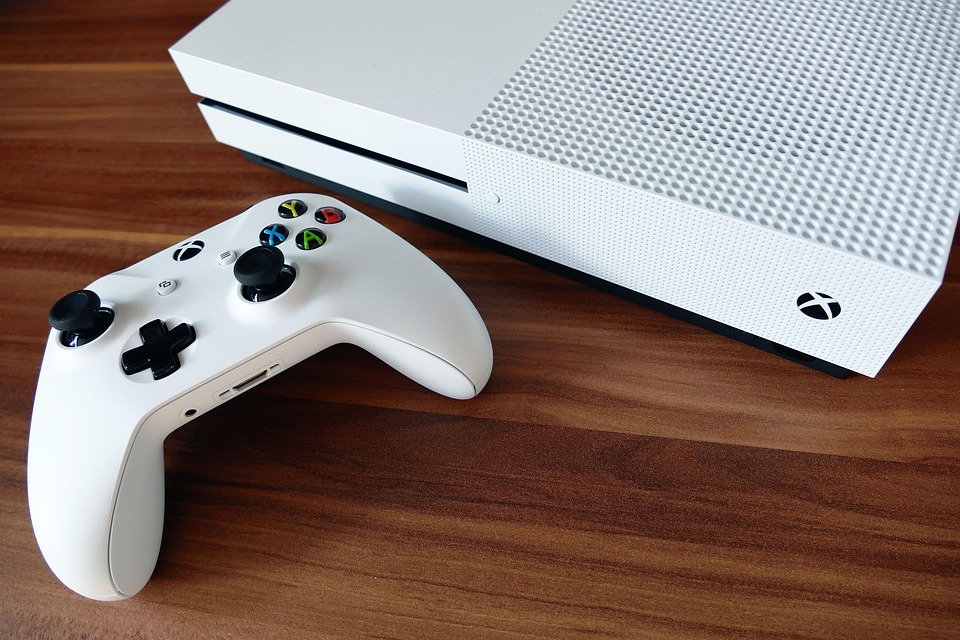The Future of Gaming: How AI is Shaping Hardware Development
As the gaming industry continues to evolve at a breakneck pace, artificial intelligence (AI) is emerging as a transformative force that is reshaping hardware development. From enhancing graphics capabilities to enabling smarter game mechanics, AI is not just a tool for game design but a driving factor behind the very architecture of gaming hardware itself. This article delves into how AI is influencing the way we build and interact with gaming systems, creating a future where gaming experiences are more immersive, efficient, and personalized.
1. Smarter Hardware Design
Gone are the days when gaming hardware was designed based solely on power and performance metrics. Today, AI is used to optimize the design and manufacturing processes of gaming consoles and PCs. Through AI algorithms, companies can analyze player behavior and hardware performance data, identifying patterns that inform the creation of more efficient and effective components.
Example: NVIDIA’s use of AI in its graphics processing units (GPUs) has led to the development of features like DLSS (Deep Learning Super Sampling). This technology allows games to run at higher resolutions and frame rates without compromising visual quality, drastically improving player experience while also optimizing resource management.
2. Enhanced Performance Optimization
Performance enhancement is another area where AI shines. Machine learning algorithms can dynamically adjust settings based on a player’s particular hardware capabilities and preferences, ensuring an optimized experience. For instance, AI can help balance graphical fidelity and performance, predicting how hardware will respond in real-time to various game scenarios.
Case Study: AMD has implemented AI-driven optimization in its FidelityFX suite, enabling developers to leverage machine learning to enhance visual quality and performance. By optimizing at the hardware level, players can enjoy smoother gameplay across a diverse range of systems.
3. AI-Powered Game Development
While hardware development is crucial, the way games are built is also evolving thanks to AI. AI tools can assist developers by automating tasks, generating content, and even helping to design complex game mechanics, all of which influences the hardware requirements for future gaming experiences.
Insight: Procedurally generated content, powered by AI, allows games to expand in complexity without necessarily needing more powerful hardware. This means that game developers are thinking more about how to use AI to reduce hardware constraints while pushing creative boundaries.
4. Adaptive User Interfaces
As hardware becomes increasingly AI-integrated, user interfaces are evolving to become more adaptive and personalized. AI can analyze how individual players interact with games and adjust the UI accordingly for a more seamless gaming experience. This enables a level of customization previously thought impossible.
Future Vision: Imagine a gaming console that learns from your playing style, adjusting difficulty levels, suggesting game modes, or changing game environments dynamically based on your preferences. Such capabilities hinge on the seamless integration of AI-enhanced hardware.
5. Virtual Reality (VR) and Augmented Reality (AR)
The realms of VR and AR stand to gain immensely from AI-driven hardware developments. As these technologies demand both powerful GPUs and specialized processing units, AI can streamline the performance needed to succeed in creating more realistic and interactive environments.
Potential Innovations: AI can enhance motion tracking technology, improving responsiveness in VR/AR applications while also reducing latency. This is critical for creating immersive experiences that feel natural to users.
6. Sustainability and Efficiency
AI is revolutionizing not just how gaming hardware is built, but how it interacts with energy consumption and sustainability. AI systems can optimize power usage during gameplay, minimizing the carbon footprint of gaming devices. This is particularly pertinent as the world increasingly demands sustainable practices across all industries.
Scenario: Advanced AI monitors can adjust power consumption in real-time, ensuring that systems only draw what they need during gameplay, potentially extending the lifespan of hardware and reducing waste.
Conclusion
As we look to the future of gaming, it is clear that AI will play a pivotal role in shaping hardware development. By optimizing hardware design, enhancing performance, facilitating smarter game development, personalizing user interfaces, and pushing the boundaries of VR and AR, AI stands to create a more immersive and engaging gaming experience. The burgeoning partnership between AI and gaming hardware promises not just a transformation of what is possible, but also a reimagining of how we interact with virtual worlds. The gaming landscape will undoubtedly continue to evolve, driven by innovation, creativity, and the powerful capabilities of artificial intelligence.


